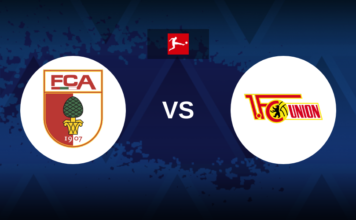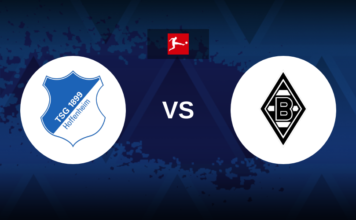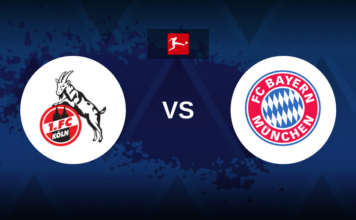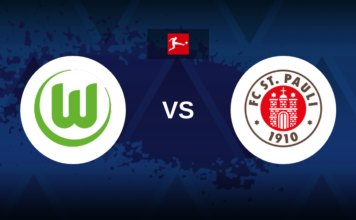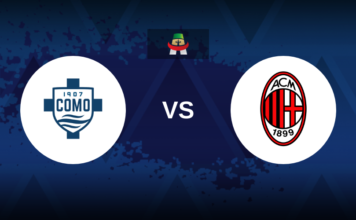PSG Before and After Qatari Investment: A Club Transformed
Today, the name Paris Saint-Germain is synonymous with global superstars, record-breaking transfers, and dominance in Ligue 1. But long before the billions from Qatar reshaped its destiny, PSG was a club with passion, turmoil, and deep connections with its fans. The journey from local contender to European aspirant is a fascinating tale of ambition, identity, and the price of success.
The Origins: A Club for the Capital
Founded in 1970, Paris Saint-Germain was born from a merger between Paris FC and Stade Saint-Germain. It was a project aimed at giving the French capital a football club worthy of its global stature. Within four years, PSG had climbed into the top tier of French football and in 1982, claimed its first major trophy—the Coupe de France.
In the 1980s and early 90s, PSG steadily grew in stature. A significant turning point came in 1991 when French television network Canal+ took ownership, injecting financial power and elevating the club’s ambitions. The 1990s were arguably PSG’s golden era pre-Qatar: they reached the Champions League semi-finals in 1995, and in 1996, won the now-defunct UEFA Cup Winners’ Cup—one of the few European titles held by a French team.
PSG stars like George Weah and David Ginola lit up the pitch, and the club regularly challenged domestic rivals like Marseille, Lyon, Monaco, and Bordeaux in what was then a competitive and unpredictable Ligue 1.
The Fall Before the Rise
But success didn’t last. By the early 2000s, PSG entered a period of decline. Ownership changes, poor decisions, and financial instability led to underwhelming performances. Between 2000 and 2011, the club won no league titles and often finished mid-table. PSG’s passionate fanbase remained loyal, but the club seemed closer to becoming a fallen giant than a European contender.
The Qatari Era Begins
Everything changed in 2011, when Qatar Sports Investments (QSI) bought the club. Their ambition was clear: turn PSG into a global football powerhouse. They launched a massive spending spree, beginning with the signing of Javier Pastore, and quickly followed by global stars like Zlatan Ibrahimović, Thiago Silva, Edinson Cavani, and Ángel Di María.
The transformation was immediate. By 2013, PSG had recaptured the Ligue 1 title, and by 2015, they were dominant domestically. The club’s spending power allowed it to monopolize top French talent and poach emerging stars from rivals, making Ligue 1 less competitive and more predictable.
Champions League: The Elusive Dream
Despite domestic success, European glory remained elusive. Under coaches like Carlo Ancelotti and Laurent Blanc, PSG reached the quarter-finals but failed to progress further. The infamous 6-1 loss to Barcelona in 2017 under Unai Emery became a symbol of PSG’s mental fragility on the biggest stage.
That summer, the club made history by signing Neymar (€222M) and Kylian Mbappé (€180M)—two of the most expensive transfers in football history. The goal was clear: win the Champions League. They came close in 2020, reaching the final but losing to Bayern Munich.
However, these superstars brought imbalance. While the attack dazzled, the midfield and defense often fell short. Managers struggled to manage egos and establish tactical discipline. It became clear that spending alone couldn’t guarantee European success.
A New Approach?
In recent seasons, PSG seems to be shifting gears. With the exits of Messi and Neymar, and under the leadership of Luis Enrique, the club is building a more cohesive and balanced squad. Talents like Vítinha, Manuel Ugarte, Bradley Barcola, and Warren Zaïre-Emery are part of a new vision that emphasizes youth, structure, and sustainability.
Whether this shift is permanent or just a temporary reset remains to be seen. But for the first time in years, PSG appears to be focusing on building a team, not just assembling a group of stars.
What Comes Next?
The Qatari investment has undeniably elevated PSG in terms of finance, visibility, and commercial success. But the soul of the club—and that of Ligue 1—has changed. If PSG commits to this new path, they might finally achieve their long-sought Champions League success and restore some of the authenticity that once defined them.
Can Luis Enrique Lead PSG to European Glory?
Only time will tell whether this new era leads to the Champions League trophy or just another chapter of near misses. But one thing is clear: PSG is no longer just a football club—it’s a symbol of the modern game’s complexities.



